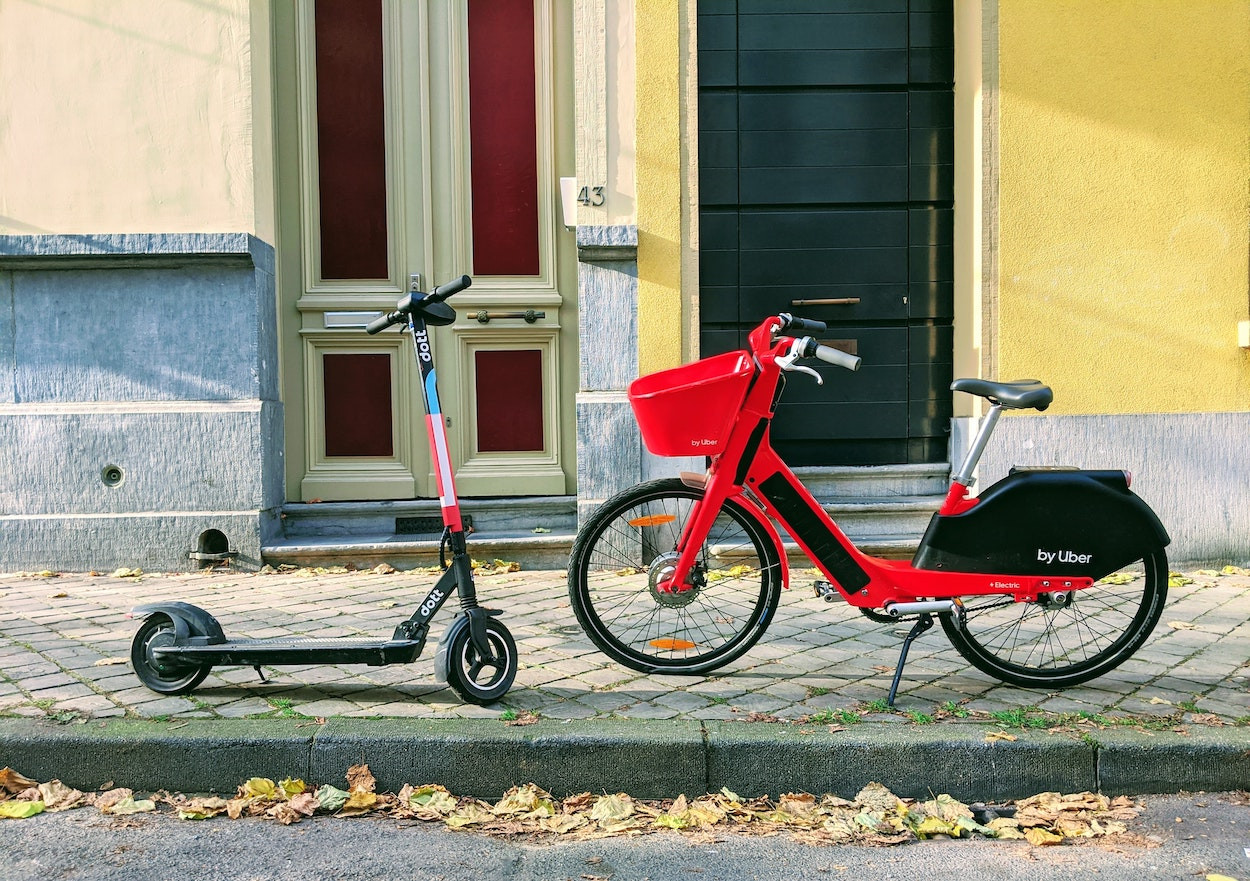eBikes vs E-Scooters - advantages, disadvantages, legislation and more.
In light of the recent announcement made by a senior member of the Met Police about the dangers e-scooters present to the public, should government review the sale of privately-owned scooters? As the UK’s premium eBike retailer, we feel it necessary to speak on behalf of our customers, and to educate and review the differences between both forms of LEV’s.
The wider, bigger wheels of eBikes are more forgiving over rough surfaces, with the smallest wheelbase we sell here at Fully Charged coming in at 20” as opposed to the 10” - 12” you find on regular e-scooters. Bigger wheels create more comfort and stability when on demanding road surfaces. Most electric scooters have tyres measuring 6-8” in diameter and whilst they perform well on smooth city streets, their small wheels can be incapable of navigating the ruts, potholes and uneven surfaces of many urban streets, which can lead to minor and major incidents. Our advice would be to always think about your journey and terrain, if you are travelling on an e-scooter.

Saddles make your journey more comfortable over an extended period of time, especially when moving over bumps and potholes. A saddle also provides the individual with a chance to sufficiently indicate with adequate balance. The standing position of an e-scooter can be unstable, putting riders in danger of being thrown forward more quickly and with more force than a cyclist. This has led to a higher rate of head injuries, eight times higher than a cyclist according to the Danish Transport Authority. Whilst indicating is relatively easy on a bicycle, It’s highly dangerous to ride a scooter one-handed, which must be taken into consideration pre-purchase.
Government policy dictates that all electric assist motors on eBikes are legal to ride on public roads, but that all motors should cut out at 15.5mph. E-scooter legislation coming into the UK over the coming 12 months is looking to set the same speed limit, but it is currently only legal to use a non-rented e-scooter on private land, with Met officers being instructed to pull over anyone seen riding one in a public space.

There are certainly advantages to owning an e-scooter. They are lightweight, portable and offer an easier solution if you're carrying them on public transport and/or into the office. They occupy less space, can be brought indoors in almost every situation and are helping contribute towards a greener planet.
Our mission is to ensure that the current cycling network can travel on cycling lanes safely to their destination without any unforeseen issues. There should be proper legislation and policies in place to keep our communites’ roads and pavements safe from harm. Here at Fully Charged the safety of our customers are our primary concern. We believe that e-scooters are currently not right for our cities, and ultimately will continue to present hazards to pedestrians, cyclists, cars and the individuals that decide to ride them on public roads.




